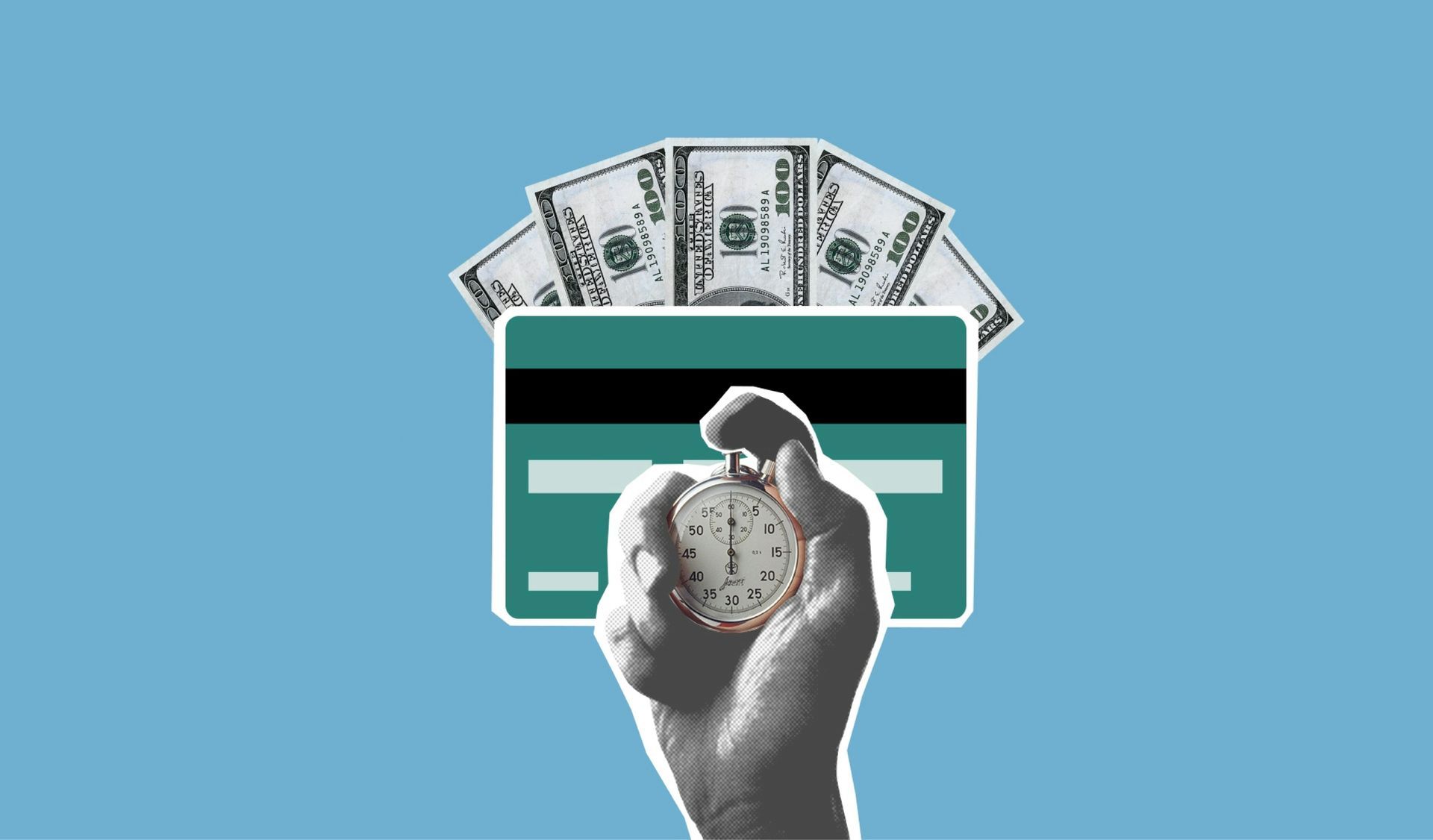The Mystery of the Credit Score: Why It Matters and How It Impacts Your Debt Management Journey
Beyond the Number: Understanding Your Credit Score for Smarter Debt Management
Debt. It's a four-letter word that can evoke feelings of stress, anxiety, and even shame. But managing debt doesn't have to be a battlefield. Understanding your financial situation and wielding the right tools are key to conquering debt and achieving financial freedom.
One crucial tool in your debt management arsenal is your credit score. But have you ever wondered why your credit score differs from your friend's, even though you both seem to manage money similarly? The answer lies in the complex world of credit reporting and scoring.
Demystifying the Credit Score: A Peek Behind the Curtain
Your credit score is a three-digit number calculated by credit bureaus (like Experian, Equifax, and TransUnion) based on the information in your credit reports. These reports contain details about your credit history, including:
- Payment History: This is the biggest factor, accounting for roughly 35% of your score. It reflects how timely you make payments on credit cards, loans, and other debts.
- Credit Utilization Ratio: This refers to the amount of credit you're using compared to your total credit limit (e.g., how much of your credit card balance is used). A lower ratio (ideally below 30%) is generally considered favorable. (This makes up about 30% of your score.)
- Length of Credit History: The longer you've had credit accounts in good standing, the more positively it impacts your score (15%).
- Credit Mix: Having a healthy mix of credit types, such as credit cards, installment loans (e.g., car loans), and mortgages, can benefit your score (10%).
- New Credit Inquiries: Frequent credit inquiries (when lenders check your credit report for loan applications) can slightly lower your score (10%).
These factors are weighted differently by each credit bureau, leading to slight variations in your scores across different bureaus.
Why Getting Your Credit Score Right Matters: A Case for Accuracy
Now that you understand the building blocks of your credit score, let's explore why it's crucial to ensure its accuracy. Here are a couple of key reasons:
- Debt Management Strategies: Your credit score significantly impacts your debt management journey. It influences the interest rates you qualify for on loans, credit cards, and even insurance. A higher credit score often translates to lower interest rates, saving you money in the long run. Conversely, a lower score might lead to higher rates, making it more expensive to manage debt.
- Debt-to-Income Ratio (DTI): Understanding your DTI is essential for responsible debt management. It's a ratio that compares your monthly debt payments (including housing costs) to your gross monthly income. Knowing your accurate credit score allows you to calculate your DTI accurately. This helps you determine how much additional debt you can comfortably take on, preventing you from becoming overextended.
For example, imagine you have a credit card with a high balance and a low credit score. Your credit report might be inaccurate, reflecting a lower balance or missed payments that never happened. This could lead to a falsely inflated credit score and a miscalculated DTI. You might believe you have more room for additional debt based on the inaccurate DTI, potentially putting you at risk of overextending yourself financially.
Taking Control: Maintaining a Healthy Credit Score
Maintaining a healthy credit score empowers you to manage debt effectively. Here are some steps you can take:
- Obtain Your Credit Reports: You're entitled to a free credit report from each bureau annually. Review them carefully for any errors or discrepancies.
- Dispute Inaccuracies: If you find errors, file a dispute with the credit bureau and the creditor who reported the information.
- Practice Responsible Credit Habits: Make timely payments on all your debts, maintain a low credit utilization ratio, and avoid opening unnecessary credit accounts.
- Monitor Your Progress: Regularly monitor your credit scores and reports to stay on top of your credit health.
By taking charge of your credit score and ensuring its accuracy, you gain valuable insight into your debt management situation. This empowers you to make informed decisions, choose the right debt management strategies, and ultimately achieve financial freedom.
Remember: Your credit score is a dynamic number. By taking consistent steps towards responsible credit habits and monitoring your credit reports for accuracy, you can improve your score over time, opening doors to better interest rates, lower debt burdens, and a brighter financial future.



